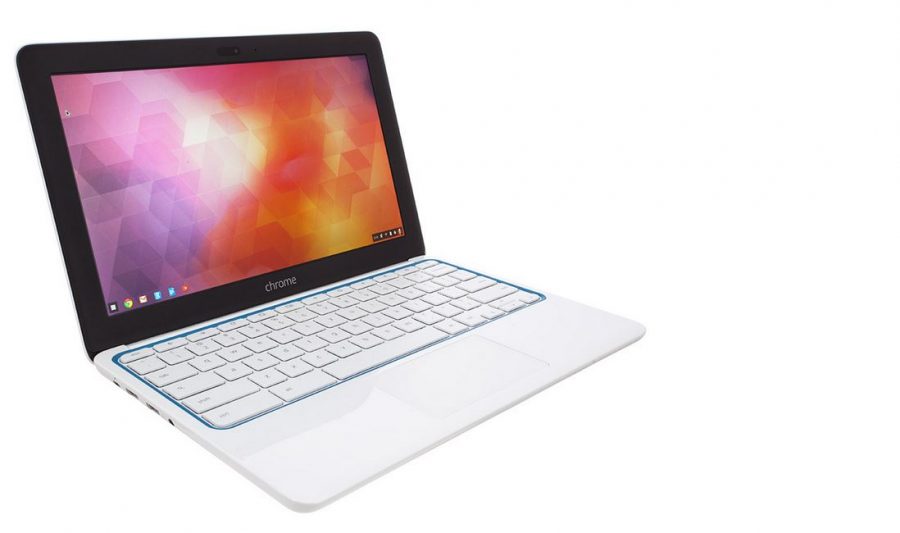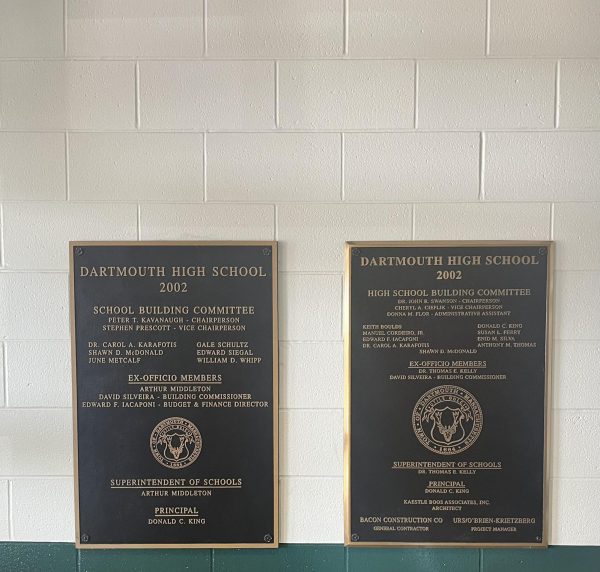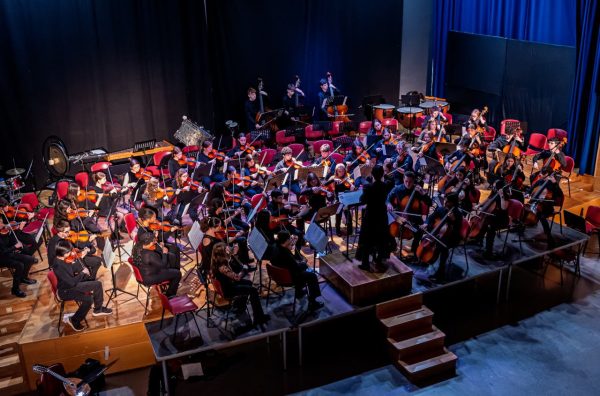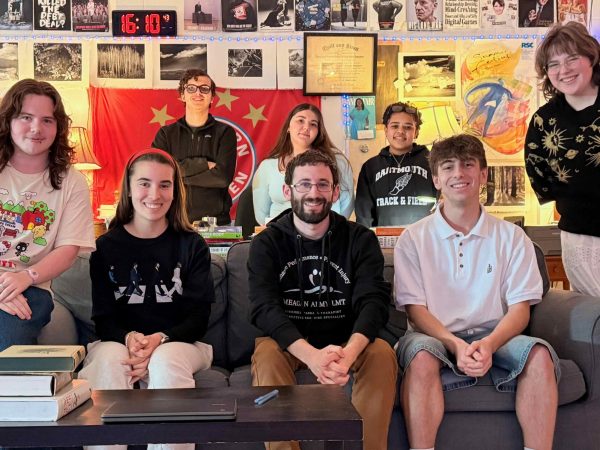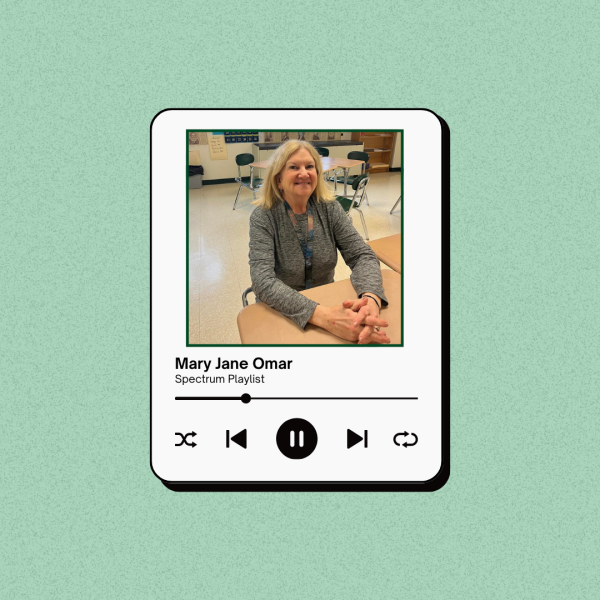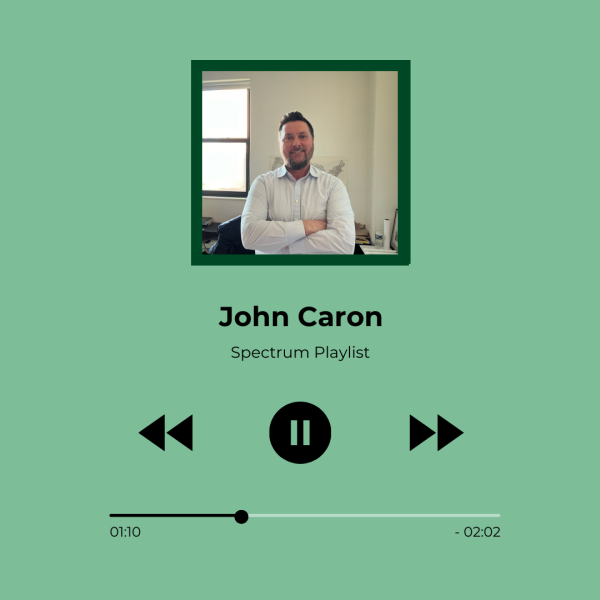What some students have to say about Chromebooks
The standard Chromebook is now part of each DHS student’s backpack.
By now, every student is comfortably used to the innovative addition to the school: the Chromebooks. After a week of distributing them, the miniature laptops have been given to each student to take home and use as they please – for the most part. The reactions, while mixed and polar, have shifted throughout weeks of owning them, with opinions ranging from extremes to mild indifference.
Shockingly enough, not everyone viewed this alteration to academic life as either the end of the world or a new beginning; some accepted the difference in its mediocre glory.
“They’re here, so they’re fine,” said junior Nick McMaster. McMaster went on to mention he does like that the Chromebooks allow for typing to replace writing in English class, a much-welcomed change, in his opinion.
Some found slight issue with the weight it brought to backpacks–as not everyone is going to choose to carry it. “I don’t like it,” said freshman Shanti Goncalves, “It makes your backpack super heavy.” While the Chromebooks are compact in size, many find that added 2.63 pounds to be noticeable, what with the binders and supplies still needed for classes.
“They make my bag even heavier,” said senior Hailey Camire. “I don’t even use them in my classes.”
One freshman appreciates the laptops replacing the weight of textbooks, but would rather use a personal laptop that’s higher quality. “[The Chromebooks] are really buggy sometimes too,” she said. “I honestly would have rather had the money gone toward air conditioning.” The lack of incorporating this rather expensive tool in various classes was also an issue many found themselves irritated with.
“Some teachers have been really great about using the Chromebooks, but others actually incredibly discourage them, so they’re basically paperweights,” said senior Rebecca Benoit, additionally bringing up that it would be beneficial to have the option to use personal laptops in school. She reasoned that if all the same sites are blocked on the server, then there shouldn’t be an issue with using a non-school owned device on the premises. On the subject of blocked websites, many find this act of security to be a major con to the Chromebooks’ existence.
“They could be beneficial if so many websites weren’t blocked,” said senior Kyle Lamontagne. “From some websites posted by teachers, to listening to music at home, it just doesn’t allow the students to fully utilize the Chromebooks.”
While there are the obvious victims of being blocked by the system, such as pornographic sites, others include a variety of .edu and .org websites used strictly for research purposes, such as an article from People magazine, that senior Abby Arruda explained as having been assigned to read that had been inaccessible. It was also pointed out that NPR, which has since been unblocked, was restricted, while websites, such as Infowars, were not.
Senior Andrew Zhu figured there should be a less overbearing approach to the blanketed ban. “They should work on select website restrictions and deal with circumnavigation issues for sensitive materials on an individual basis,” Zhu argued, mentioning that the purchase of the Chromebooks is going to raise opportunity, but only if it’s implemented correctly.
Between the issue with the content censoring, and a notable lack of teachers using them, junior John Correiro found that they were a waste of money and didn’t enhance any in-class experiences. “It’s just stuff that we could be doing in a computer lab, like typing,” Correiro said, following up with a point about the labs recently getting new monitors that are never going to be used now.
With the cons of the distributed devices, a variety of pros have not gone overlooked. Senior Ben Rioux felt that classes were run more efficiently, as much of what teachers assign now is digital. “It’s a lot easier to keep track of assignments when teachers regularly update google classroom,” he said, “and it’s more convenient to just use a Chromebook instead of having a bunch of books and papers.”
Junior Christian Rebelo agreed, claiming they’re by far more effective than textbooks. Because of the new schedule being structured with seven year-long periods, it would have been difficult to distribute textbooks or novels in all courses to everyone, due to the increased number of classes taught in a day, therefore making the addition of the Chromebooks useful when it comes to the world of online texts.

